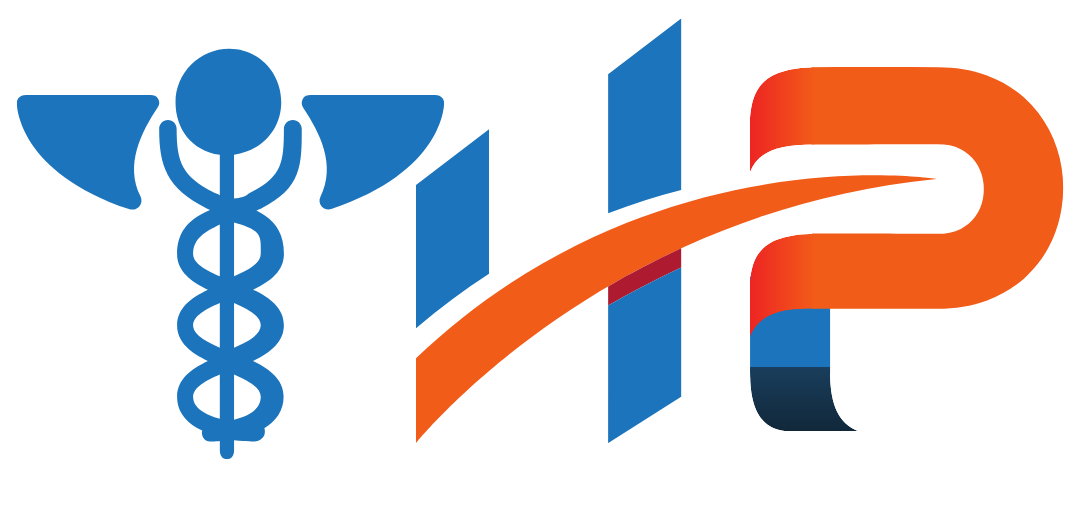Drugs (conventional and herbal) are used to lower levels of serum cholesterol to help prevent IHD. The Ayurvedic medicine pharmacopoeia identified herbs that might contribute to a decrease in cholesterol and therefore reduce the risk of IHD.
Literature searches conducted at 3 points: 2003, 2004, and 2007 from PubMed, the National Library of Medicine, the National Center for Complementary and Alternative Medicine, Ovid, and EBSCO Information Services, and other search strategies. Each article was assessed for quality by 3 people, and discrepancies were resolved by arbitration using a fourth person, who also read and scored each article. Additional assessments of safety using a scale and determination of reported efficacy/effectiveness of the randomized controlled trials (RCTs) and quasi-experimental designs (QEDs) were made.
The randomised trials received high quality scores and improved by decade of publication. More than 50% of garlic, more than 80% of guggul, and 100% of Arjuna RCTs reported product effectiveness. Safety scores did not improve by decade. The QEDs received medium and high quality scores, and 93% of them reported effectiveness. The QEDs had a higher mean score for safety reporting than the RCTs.
https://pubmed.ncbi.nlm.nih.gov/17658119/
